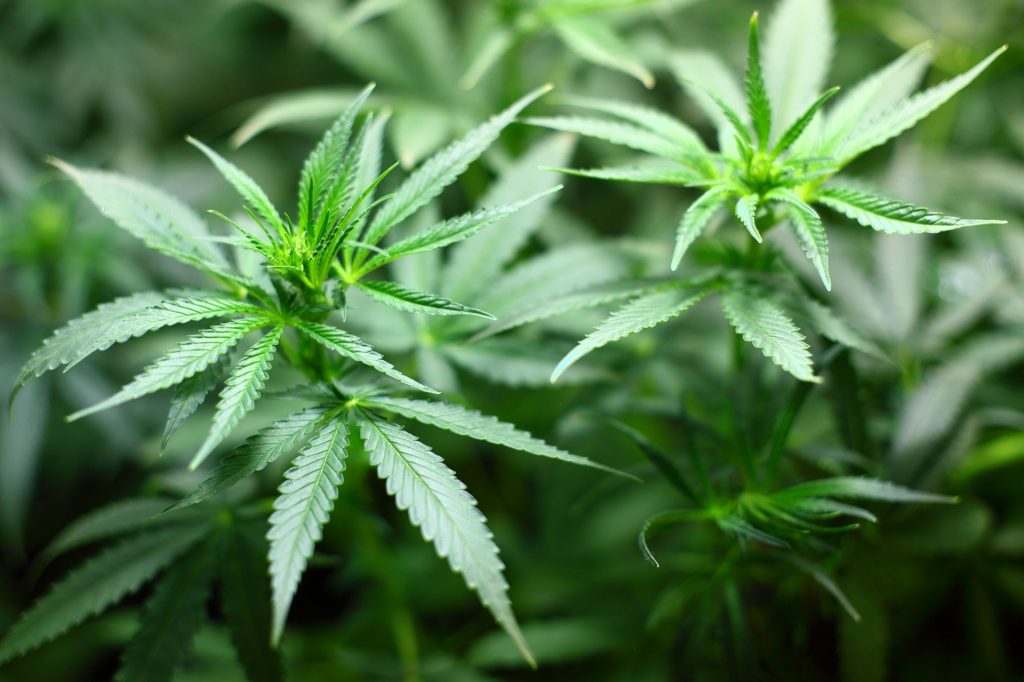
It’s the week after the marathon eating day called Thanksgiving. Time to diet or at least try to eat better. After all, we still have Christmas to deal with when it comes to eating temptations. How about switching to diet sodas? Good or bad idea?
When my diabetic father used to visit, I stocked the refrigerator with cases of diet sodas per his request. Ever since he was diagnosed with Type II diabetes, he has had at least one to two diet drinks a day. Since the cans were at arms reach, I found myself drinking one a day, something I usually do not do because of the controversy involved in diet drinks possibly making us fat
At a meeting of the American Diabetes Association in San Diego, researchers from the University of Texas Health Science Center at San Antonio Texas presented data on elderly patients who drank two or more diet sodas a day. Compared to non- soda drinkers, their waist lines increased five times more!
Now, before you pour out that diet drink in your hand, consider this, “Do people who drink diet sodas eat more because they think they are saving calories by drinking diet drinks?” This could be a cause for weight gain or is it just an association?
Certainly there is a psychological connection here. I’m saving calories on drinks so I can grab that Whopper! But as I noted in Lose It For Life, there may also be a physiological connection as well.
The work of epidemiologist Sharon Fowler has found that in rats, artificial sweeteners may affect hunger-regulating cells in the brain and raise blood sugar. While no causation has been established, she thinks a connection may exist and worries that there are consequences to using these artificial sweeteners that we have yet to understand. It’s true that artificial sweeteners in diet soda signal your pancreas to produce insulin. Insulin tells your body to use sugar as food or store it as fat. The body gets confused with artificial sweetener and disrupts the metabolic process which can lead to an increased waist line.
Another study presented by Dr. Steven Greenberg compared diet sodas drinkers to non-diet soda drinkers in the New York area and found an increase in heart attack and stroke. Again, not causal but a correlation.
Finally, nutrition researcher, David Katz, MD at Yale believes diet sodas and other sweet tasting drinks and food condition our tastes to want more sweet stuff – a concern for weight gain as well.
But not all experts agree. Barry Popkin, Ph.D. at the University of North Carolina, Chapel Hill says the data just isn’t there to support the notion that diet drinks lead to weight gain. Other factors, like those discussed above, that relate to obesity and weight gain may be in play. Popkin’s own research found weight loss with diet drinks and restricted diet.
So what is the bottom line for those of us wondering if we should pick up that sale carton of diet soda or reach for the case of water instead? Remember, drinking diet soda doesn’t counter overeating and lack of exercise. If you psychologically feel you eat more when you drink them or notice you crave more sweets, then don’t drink them as there are lots of other choices. A little more water couldn’t hurt any of us! Seltzer water can give you the carbonation you might miss.
If you aren’y certain, I like to err on the conservative side. Know your body and mind and do what helps when it comes to overeating!


